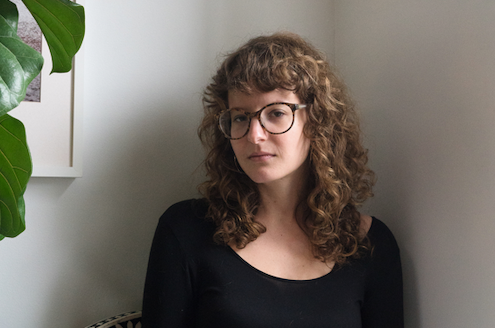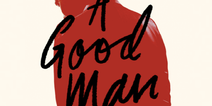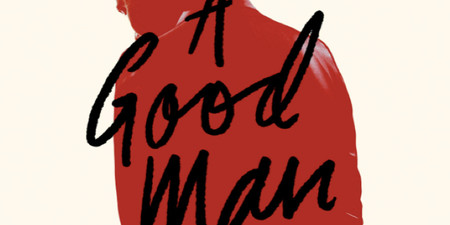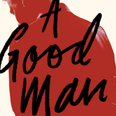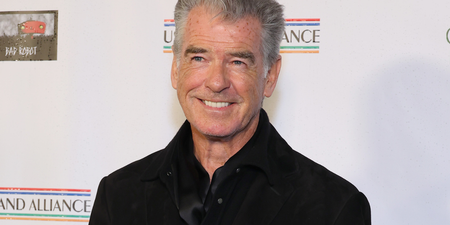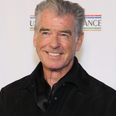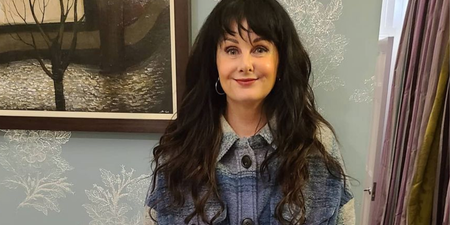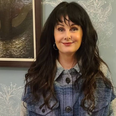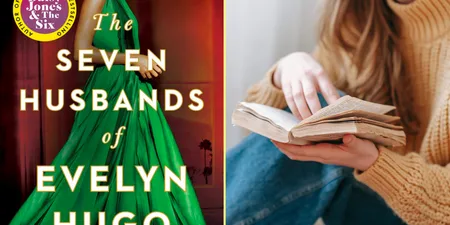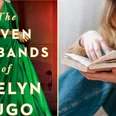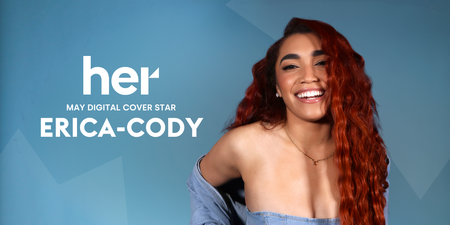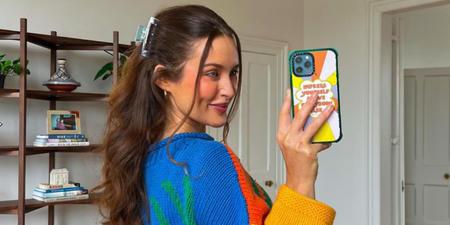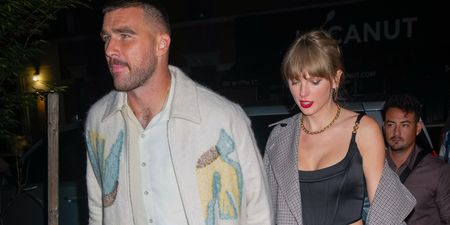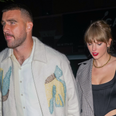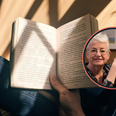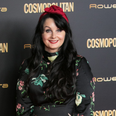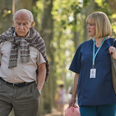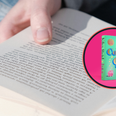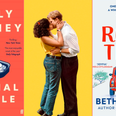Ani Katz has opened up about the “real gamble” in her debut novel, A Good Man.
The book follows Thomas Martin, a man who believes he is everything that a man is meant to be. He has “his girls” – his beautiful wife, Miri, and his loving daughter, Ava – and a gorgeous house on Long Island.
He’s got an incredible career at a prestigious Manhattan advertising firm. He’s a good son and brother, taking it upon himself to support his ailing mother and adult sisters. He knows it’s his God-given duty to shield them, his girls, from the everyday horrors of the world.
But he has failed, and unspeakable tragedy has befallen his family.
“Our lives were good – great, even. We were happy and secure. We had everything we needed. There was no way for anyone to know – least of all me – that it would all end the way it did,” Thomas tells the reader, as he struggles to come to terms with what has become of his life.
If only he can tell the story as he saw it, he believes he might find out how and why things unravelled so horribly; how he failed so disastrously. Because he still believes that he is a good man.
A Good Man is one of those gripping psychological novels that will stay with you long after reading it (you can read our review here) – and had us hooked from the first page until the very last.
Katz recently spoke to Her about her biggest writing influences, her inspiration behind the novel and the “real gamble” in telling A Good Man solely from Thomas’ point of view.
What made you want to become a writer? Was it something that you always wanted to do?
I grew up in a house filled with books, and my parents used to read to me and my siblings all the time, especially at meals and before bedtime. I learned to always carry a book with me (even when we went to the movies, my family would all be sitting in a row reading our books before the previews started).
So growing up in a family of readers was really important. But I actually took a while to find my medium. I was a visual artist for most of my childhood, a writer for most of my adolescence, and then a visual artist again for most of my young adulthood.
I started writing seriously again once I was in a graduate program for photography because I found that I needed language to tell the stories I wanted to tell. When I finished that degree I decided I was going to give myself a year off from making images to write a novel. That was five years ago, and I’m still just writing novels.
Who would be your biggest writing influence?
My influences depend a lot upon the nature of whatever my current project is. I read a lot, and I’ll go looking for specific kinds of guidance to help me with whatever I’m working on, but some constants in terms of guiding lights are Hilary Mantel and Alice Munro. Their command of language and their endlessly inventive explorations of gender and class are hallmarks that I aspire to.
How did you come up with the idea for A Good Man? What kind of research did you do for the book?
I was originally inspired by a tragedy that happened in the extended family of a close friend of mine. When faced with something unthinkable, one’s first instinct is usually to go looking for an explanation. I kept thinking about men who commit intimate violence against their loved ones, and I decided I wanted to understand and embody that voice.
As part of my research I read a good deal of relevant true crime, including Emmanuel Carrère’s The Adversary, Joe McGinniss’ Fatal Vision and Errol Morris’ A Wilderness of Error, which is a critique of McGinniss’ book. I also read a lot of longform journalism about various cases of men who had committed acts of violence against their families, and spent a lot of time on men’s rights blogs in order to absorb their regressive language about women, marriage, and family. What I found was that, while there are a range of factors that can lead to these acts, it often comes down to a rigidly normative male self concept that is impossible to uphold.

What made you want to tell the story solely from Thomas’ point of view?
I wanted to tell the story solely from Thomas’ point of view because I was frustrated by what I saw as a trend in contemporary literature, especially in true-crime inspired fiction, where something really shocking and gruesome happens, but the reader is kept at a safe distance. I wanted to challenge that storytelling trend.
I wanted to implicate my readers; I wanted the story to stay with them, and prompt them to question both their complicity in their consumption of stories about violence and their own relationship to structurally created and enforced gender roles. This led to my idea to tell the story from Thomas’s point of view.
It felt like a real gamble, but I couldn’t get the idea out of my head and decided I had to try it if I wanted to explore this story.
There are a few instances throughout the book – like when Miri says she was actually with friends the night she met Thomas; Abigail’s complaint against him – that make the reader second guess Thomas’ account of what happened. How much of what he says is the reader supposed to believe?
In order for the novel to work, I knew that the reader needed stick with Thomas the whole way through, but there had to be some subtle disconnect between Thomas’ sense of reality and the reader’s.
Ultimately, I wanted the reader to understand that Thomas is incapable of seeing the truth because it doesn’t really ever enter his mind; he’s so far into the throes of his delusions that he blocks out whatever he doesn’t want to see.
Those more obvious moments where his story differs (Miri being with friends when they met, or Abigail’s complaint) function as signals. You see the story through his eyes, but you’re also able to see for yourself.
What are you reading at the moment? What books have you particularly enjoyed lately?
Right now I’m reading Deborah Levy’s The Man Who Saw Everything, which is so good but which I can’t even begin to describe without spoiling. Some other recent favorites include Carmen Maria Machado’s domestic abuse memoir In The Dream House, which I inhaled in one day, Jia Tolentino’s thought-provokingTrick Mirror, and Nell Zink’s The Wallcreeper, which is totally devastating while also being one of the funniest books I’ve ever read.
What book are you looking forward to in 2020?
I am really looking forward to The Third Rainbow Girl by Emma Copley Eisenberg, a nonfiction book about a double murder in Appalachia that completely upends the true crime genre through the lenses of class and gender. And, like everyone else in the literary world, I cannot wait for Hilary Mantel’s The Mirror and the Light.
What are you working on next – if there’s anything you can share about it?
Right now I’m working on a novel that is focused on a fraught friendship between two women, exploring themes of privilege, the tension between personal victimhood and solidarity, and the selling of female pain as a means of grasping at power. It’s still very early in the process, though!
Featured image credit: Sara J. Winston.
